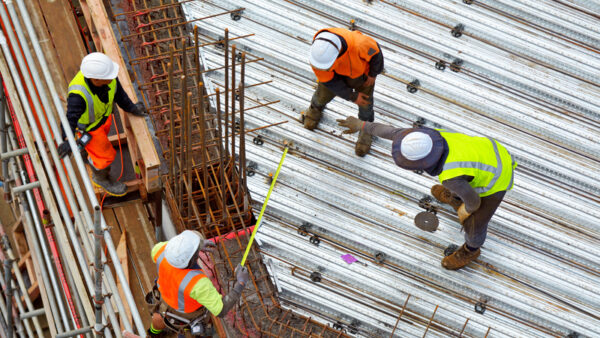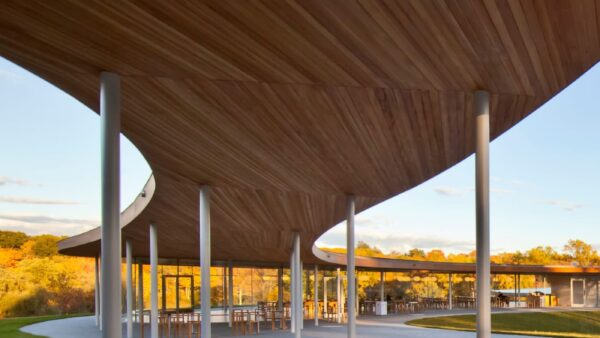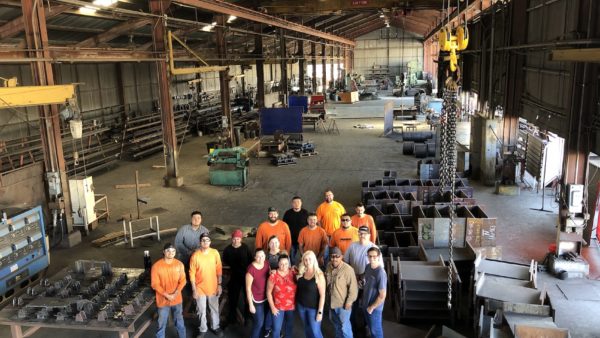In 2010 Chinese officials opened a brand new school in the bush village of Yoni, Sierra Leone, which had been financed by Chinese aid.
Some questioned why such largesse had been showered on a small, remote location when it might have been more use in an urban area such as Freetown, capital of the west African country in which more than 60% of adults are illiterate.
But as economists Daron Acemoglu and James Robinson pointed out in 2012, Yoni is the home village of Sierra Leone’s president, Ernest Bai Koroma.
The example was used recently to illustrate what researchers say is a clear trend of Chinese development aid flowing disproportionately to the birthplaces of African political leaders and of their spouses.
They recognise China’s unprecedented contribution to infrastructure development in Africa, but warn that this favouritism could widen inequalities in Africa, and stoke unrest and violence.
The research is described in a working paper published by AidData, a research lab at the College of William and Mary, a university in Williamsburg, Virginia.
It indicates that the average African leader’s birth region receives around three times as much (195% more) financial support from China during the leader’s time in power.
Significantly, researchers found no evidence for this type of aid bias in the distribution of World Bank-funded projects.
Researchers took project-level information about Chinese official finance activities in African countries, assembled using a proprietary AidData method of synthesising a large amount of unstructured information already in the public domain.
In total, the dataset covered 1,650 projects committed to 49 African countries, amounting to approximately $83bn in official financing over the 2000-2012 period.
“We find that a disproportionate share of Chinese development projects show up in politically privileged areas – specifically the birth regions of African leaders (and their spouses),” wrote researchers Bradley Parks, Roland Hodler and others last week in The Washington Post. “These findings persist even after we control for a large number of other factors that might affect the geographic siting of Chinese-backed projects.”
The authors acknowledge that Chinese development projects are literally lighting up the African continent, but they warn that favouritism may have harmful consequences.
“When taken together, our findings suggest that China may be inadvertently cementing or widening spatial inequalities within African countries,” they wrote. “Yes, Chinese development projects improve local development outcomes in Africa, but not necessarily in the areas that need them most (since leaders’ birth regions tend to be among the richest localities within African countries).
“This means Africa’s politically privileged may benefit disproportionately from Chinese development projects, with fewer benefits going to politically marginalised regions. It also raises questions about the long-run consequences of persistent or widening inequality, which a number of researchers point out may heighten the risks of social unrest, violent conflict and political instability in Africa.”
The new Chinese-funded school in Yoni, Sierra Leone (Photograph by James A. Robinson) From:Â http://whynationsfail.com/blog/2012/2/27/fancy-schools.html
Comments
Comments are closed.











All are equal – however some manage to be more equal than others!!
This is just the tip of the ice bag.The loss owing to frauds in audited Govt.funded constructions has reached upwards of US $4 trn a year in 2008. There is an urgent requirement to implement GOPAC 2015 suggestion to have a Technical Audit (with a Pool of Technical Auditors with a union) in addition to present only Financial.
Then and only then systems can be in place to check these frauds.